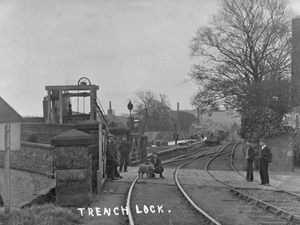Flashback to November 1975
1975
Free thinking aristocrat Sir George Trevelyan had a vision in which his family's grand country house in Northumberland would become a cultural centre for people from all backgrounds.
His dream was scuppered when his father donated the magnificent property to the National Trust – effectively disinheriting him.
But then destiny lent a hand when, after the war, Sir George became the first warden of the new Shropshire Adult Education College based at Attingham Hall, near Shrewsbury, and was able to put his groundbreaking educational ideas into effect.
He had a simple principle – if there was anything he wanted to know about, he ran a course about it at Attingham.
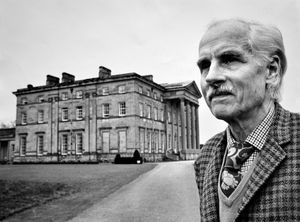
There was the usual fare, of course, like art and music, but under the leadership of the charismatic and inspirational Sir George, who was something of a spiritual explorer, the college aimed to propagate enlightenment, running courses on spiritual and mystical matters.
So there were courses such as Death and Becoming, Frontiers of Reality, and Spiritual Awakening, which raised eyebrows, but proved popular.
"We were out in that time to widen enthusiasm. That was wonderful as in a sense in that time I became Lord Attingham," he was to recall.
The Attingham gatherings brought together people who were later to become leading figures in a spiritual renaissance, he added.
In one conference he spotted a row of "flower people" at the back, and that led to the "flower people" or hippies being given their own conference at Attingham Hall, during which he sat amid the daffodils on the lawns chatting to them.
Sir George, who has been described as the "The Grandfather of the New Age Movement," once said: “We are in the second Renaissance. In the first, our ancestors explored the seas and discovered new continents... In this our present age, we are setting out to explore the cosmos and reality.”
From the autumn of 1948 until November 30, 1975, the stately home in its beautiful grounds near Shrewsbury was the home of this centre of learning and culture which was attended by many thousands of students, locally, nationally, and some from abroad, over the years.
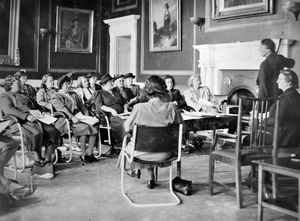
It had come into being after several years of negotiations. The idea came from Martin Wilson, Shropshire's education chief, and in 1943 it was announced that the Walker Trust trustees were considering the possibility of the establishment of such a college.
Later the Carnegie Trust trustees promised a gift of £15,000 and Salop County Council agreed to make a grant of up to £4,000 a year towards the cost of staff and general maintenance.
There was some trouble finding a suitable building, but the council leased Attingham Hall and part of the grounds. The newly widowed Lady Berwick retained part of the house – by then a National Trust property – as private accommodation.
The board of governors included representatives from the Walker Trust, Birmingham University, the Carnegie Trust, and the county council.
The college offered short residential courses. There were no exams or qualifications – it was all about the cultural enrichment of learning.
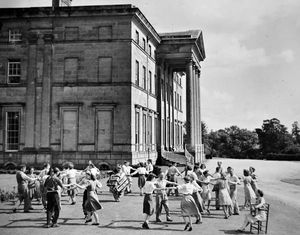
A folk dancing festival was held in August 1948, and there was also a weekend conference before the first official course run by the college on the weekend of October 8 to 10 when 30 members of the Workers Educational Association took part in lectures and discussions about "England in the 1790s" or "The Age of Attingham."
Another of the first courses was on the problems facing mothers of young children, with about 50 mothers and 40 children arriving, and a supervised playroom was made available for the children while the mums were at the lectures.
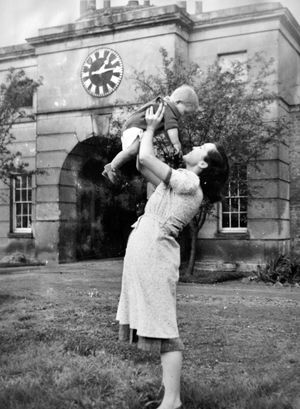
Sir George retired as principal and warden in August 1971. Rising costs hit the college, for which the students' fees were low, and the end came four years later when the county council refused to bail it out.
There was a farewell event on November 23, 1975, which celebrated the work of the college with exhibitions about its achievements, dance and drama, poetry reading, puppetry, and a final send-off by the brass and woodwind section of the Easter Orchestra.
Warden Geoffrey Toms told the packed audience that Attingham had never been a place for sadness. The closure took official effect on November 30, 1975.
As for Sir George, after retiring he founded the Wrekin Trust, an educational charity. He died in February 1996. The nostalgic pictures on this page recalling the college are from his daughter, Catriona Tyson.





